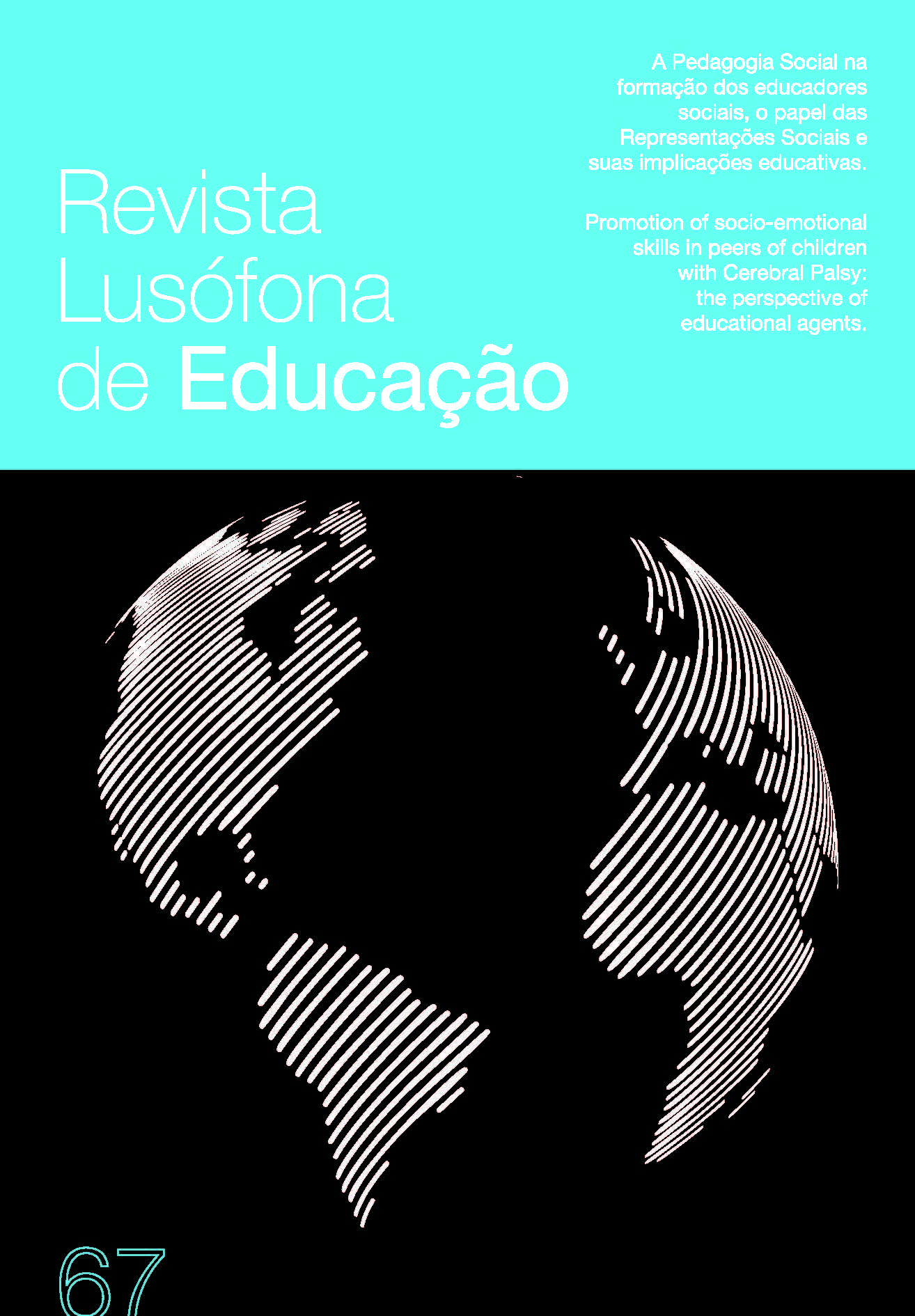When I am singing, I feel good, I feel happy: Ethnography of a Children's Choir and Well-being in the City of Porto
Abstract
This article analyzes the relationship between musical experiences and the well-being of children participating in the Children's Choir of Casa da Música, in Porto. Well-being is a subjective concept that integrates various areas of life, being associated with the feeling of personal satisfaction. Research indicates that music promotes the expression of feelings and emotional strengthening, with a significant role in children's well-being. Through the ethnographic method, participant observation, focus group discussions with choir members, and interviews with trainers and parents were conducted. The results indicate that musical practice in the context of the Choir enhances well-being, fostering positive feelings such as happiness and life satisfaction. It is concluded that music and singing not only enhance artistic skills but are also important educational tools, promoting the personal, social, and emotional development of the participants.
Downloads
Copyright (c) 2025 Revista Lusófona de Educação

This work is licensed under a Creative Commons Attribution 4.0 International License.
-
Authors retain copyright of their work, without any payment, and grant the journal the right of first publication. The work is simultaneously licensed under a Creative Commons Attribution 4.0 International License (CC BY 4.0), which allows others to share (copy and redistribute the material in any medium or format) and adapt (remix, transform, and build upon the material for any purpose, even commercially), provided that proper credit is given to the author(s) and the initial publication in RLE is acknowledged.
-
Authors are permitted to enter into separate, additional contractual arrangements for the non-exclusive distribution of the version of the work published in this journal (e.g., depositing it in an institutional repository or publishing it as a book chapter), provided that authorship and initial publication in RLE are acknowledged.
-
Authors are allowed and encouraged to post and disseminate their work online (e.g., in institutional repositories or on their personal websites), as this can increase the visibility and citation of the published work (see The Open Access Effect).








